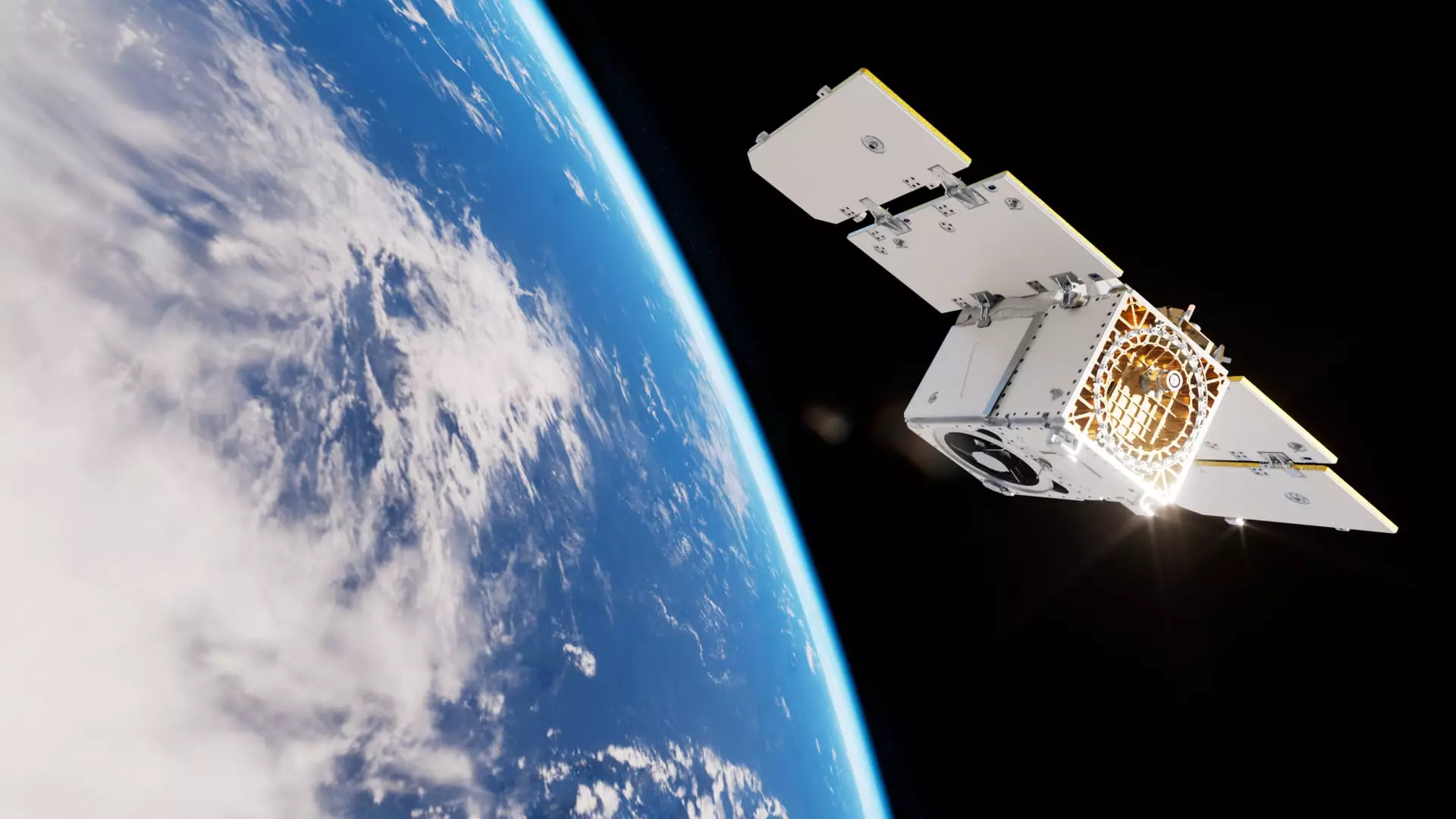On a significant Wednesday for Planet Labs, the satellite imagery and data analysis company revealed its most substantial contract yet, worth $230 million, with an undisclosed anchor customer. This landmark agreement signifies a pivotal moment for the company as it expands its operations into the space services arena with its next-generation Pelican satellites. According to Planet CEO Will Marshall, this contract not only represents the company’s largest deal to date but also marks a strategic advance into the rapidly evolving satellite services market. The selection of a prestigious partner in the Asia-Pacific region underscores the growing demand for satellite data and its applications across various sectors.
The contract involves the construction of Pelican satellites tailored specifically to the needs of the customer—a long-term partner whose identity Planet intends to disclose at a later date. This engagement is structured to last a couple of years for constructing the satellites, followed by five years of operational support. Marshall emphasized that the customer will enjoy exclusive access to the satellites over their designated areas of interest in Asia while Planet retains the rights to license data globally. This unique arrangement illustrates a hybrid model that not only satisfies specific client needs but also strengthens Planet’s operational authority in the market.
While analysts are keenly watching the effects of this deal on Planet’s fiscal performance, Marshall assured that the current financial outlook for the company’s fourth quarter in fiscal 2025 would remain unchanged. However, he noted that the new contract is expected to bring financial benefits starting in fiscal 2026, with revenue from satellite construction and services likely to be spread over a seven-year timeline.
Planet’s journey into the Pelican satellite initiative began in 2021, intended to succeed its older SkySat satellites previously acquired from Google. The ambitious plan involves launching a constellation of up to 32 satellites designed to enhance the capabilities of Planet’s data offerings. Notably, the recent launch of Pelican-2, the first operational satellite in this new series, showcased significant technological advancements, including the integration of Nvidia’s Jetson edge artificial intelligence platform. This addition allows for improved data processing capabilities, reflecting Planet’s commitment to enhancing efficiency in satellite operations.
Marshall articulated the positive financial momentum generated by this deal, indicating that previous financial restrictions which limited the company to a limited number of satellite constructions are now alleviated. This funding will allow Planet to scale its operations at an accelerated rate, indicating a proactive response to an increasingly competitive market.
Following the announcement, shares of Planet experienced a brief surge of up to 14%, although they later stabilized around their previous close of approximately $5.46. The financial community’s initial reaction reflects renewed confidence in Planet’s growth strategies, which have been volatile since its public listing in 2021. Like many companies in the space sector, Planet faced challenges such as missed revenue targets and workforce reductions. However, a rebound in 2024 points toward growing investor optimism about the company’s trajectory following this contract.
Moreover, this agreement not only enhances Planet’s standing in the satellite services landscape but also aligns with the company’s ongoing efforts to integrate its satellite hardware and data solutions more tightly. The expansion into the satellite services market represents a pivotal shift in their business model, allowing them to leverage their established technological platform while catering to tailored customer needs.
The Pelican contract also emphasizes the importance of relationships in the aerospace sector. As Marshall pointed out, many of the clients are not new; they are established partners who have long been acquainted with Planet’s capabilities and trust in their comprehensive technological stack. This trust and history not only facilitate smoother negotiations but also establish a foundation for continued collaboration as Planet enhances its services.
The $230 million deal illustrates more than just a financial transaction; it signals an advancing era for Planet as it navigates the complex satellite services landscape. By building a dedicated fleet for its customers while retaining control over data licensing, the company is poised to redefine its role within the burgeoning market, establishing a resilient model as it continues to innovate in the realm of satellite technology.


Leave a Reply